Taking action on climate
Every day, hundreds of thousands of orders are placed, sold, and delivered through our platform – also, resulting in carbon emissions. Historically, we’ve compensated for delivery emissions by purchasing high-quality carbon offsets. But as we’ve grown, we’ve learned that offsets aren’t really a long-term solution for us and that we can move faster and further by preventing emissions from happening in the first place.
Together with DoorDash - with whom we joined forces in June 2022 - we’re building a roadmap to get us to Net Zero by 2040. This means that we’re working hard to reduce our emissions, plus those of our partners. Check out some of our current projects below.
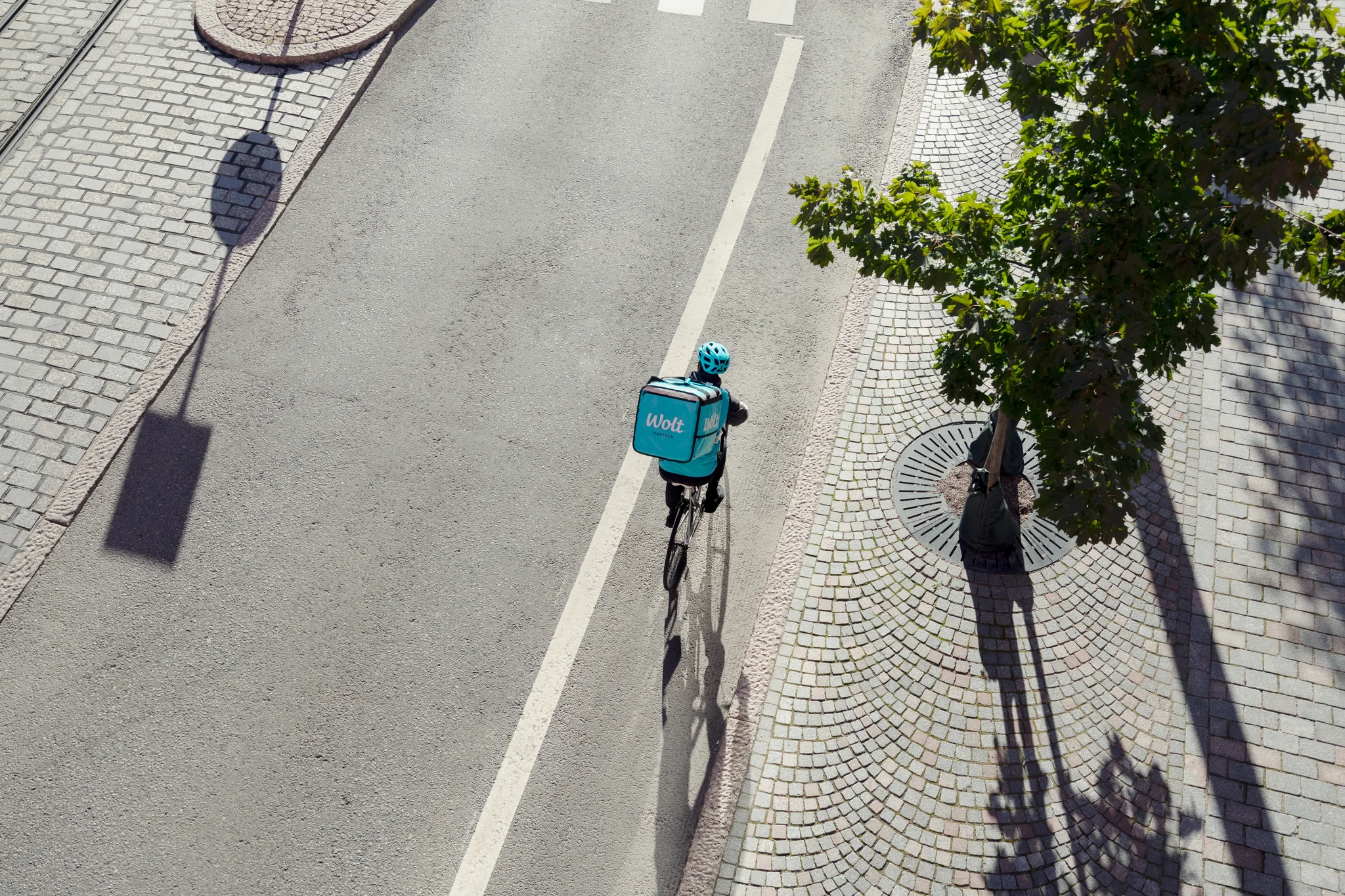
Taking action on climate
Understanding where our carbon emissions come from is the first step in reducing them. That’s why we’ve partnered with Watershed to develop our first complete global carbon footprint, covering our full scope 1, 2, and 3 emissions (that means the emissions from our entire value chain from our suppliers to our end customers).
We've identified the areas where we can reduce most of our emissions the fastest, (described in the below sections). For example, we estimate that 60-70% of Wolt's overall carbon footprint comes from deliveries our courier partners make every day. Another area is reducing the energy usage across our offices and stores.
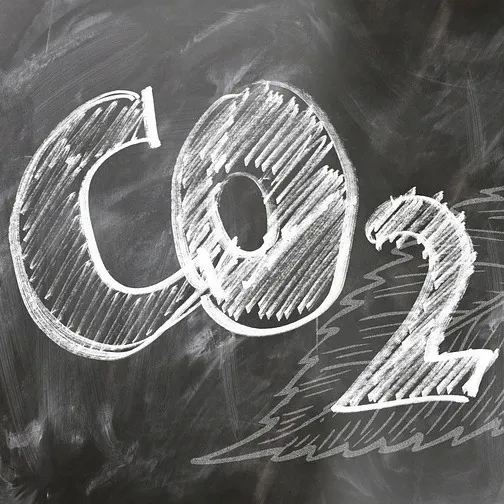
More low emission vehicles
We’ve received feedback about the noise and air pollution created by our courier partners’ scooters, mopeds and cars - and we are taking action.
Bicycles: in many of our countries, about 30-40% of Wolt courier partners already choose to deliver on bicycles. But bikes don’t work for all deliveries as they can't handle bigger and heavier orders (yes, people order vacuums on Wolt) – plus, they may not be suitable for challenging weather conditions like snow and heavy rain (we operate in Lapland for example).
E-vehicles: Together with partners, we are testing several new types of vehicles such as VOK bikes, Port.App electric bicycles to see how suitable they are. We are also working with municipalities, local Electric Vehicle charging partners, and vehicle manufacturers to explore new solutions. The aim is to reduce emissions and traffic, bringing affordable, low-emission vehicles to cities like yours.
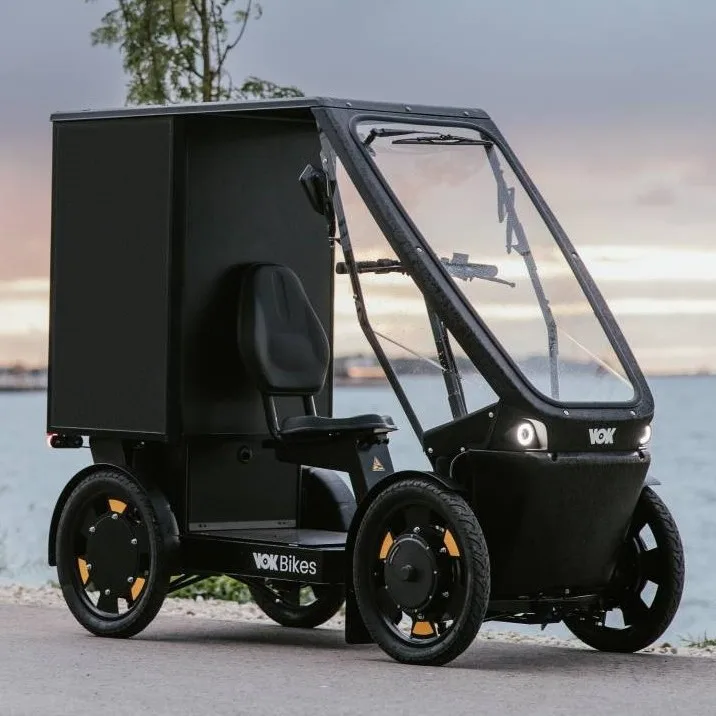
Reducing our energy consumption
With offices and grocery stores in 20+ countries, we consume quite a lot of energy to keep our business running. That means large costs, and also carbon emissions. As we grow, our goal is to reduce our energy consumption as much as possible by using technologies such as LED lighting, automated sensors, and upgrading our fridge and freezer equipment to more efficient options in all our Wolt Market stores. We’re also shifting to renewable energy from hydro, wind and solar power as we move into new offices.
In 2022 we were net zero across our scope 1 and 2 emissions* globally by investing in clean energy purchases and carbon removal technology, including biochar, wind, solar, and reforestation.
(*Scope 1 means our own facilities and scope 2 means the energy we buy for our own use. Here’s a good resource.)
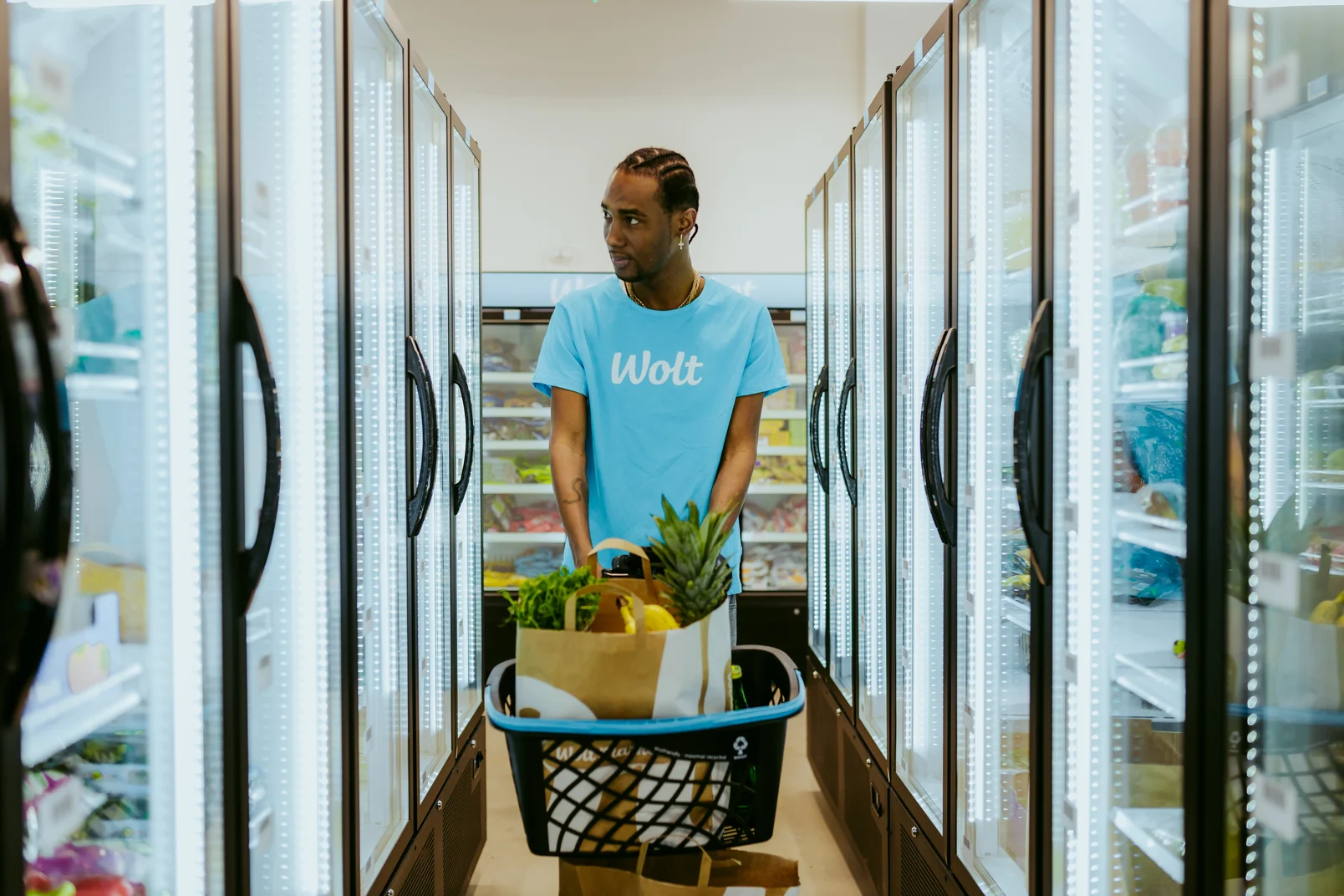
Working together with cities to drive climate action
Low-emission deliveries aren't just a priority for our customers. Shifting to cleaner vehicles is also very important for our courier and merchant partners. 66% of our courier partners, surveyed in the materiality assessment, said they would like to do more but struggle with barriers like the higher upfront cost of electric vehicles, limited charging infrastructure in cities and limited battery ranges.
Starting in 2023, we're excited to partner with the European Institute of Technology Urban Mobility team to help take our efforts to the next level. By working more closely with local cities and municipalities we hope to eliminate some of those barriers.
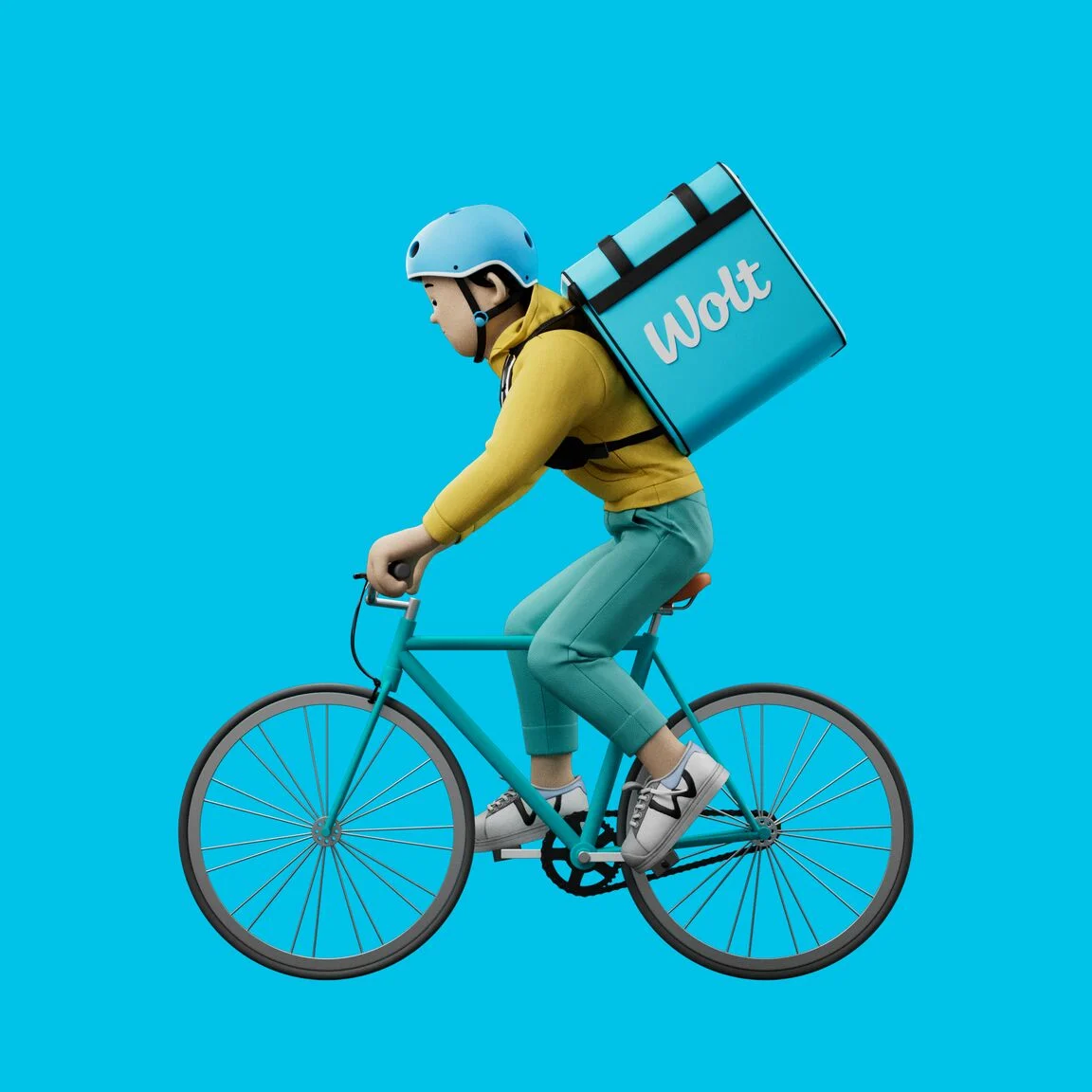
Being open and honest
Transparency with our customers, partners, and other people we touch means that we can learn from each other and get to our end goal faster. As part of our sustainability efforts, we’re committed to sharing our lessons, successes, and even our failures. Want to chat? Email the Wolt Sustainability team.